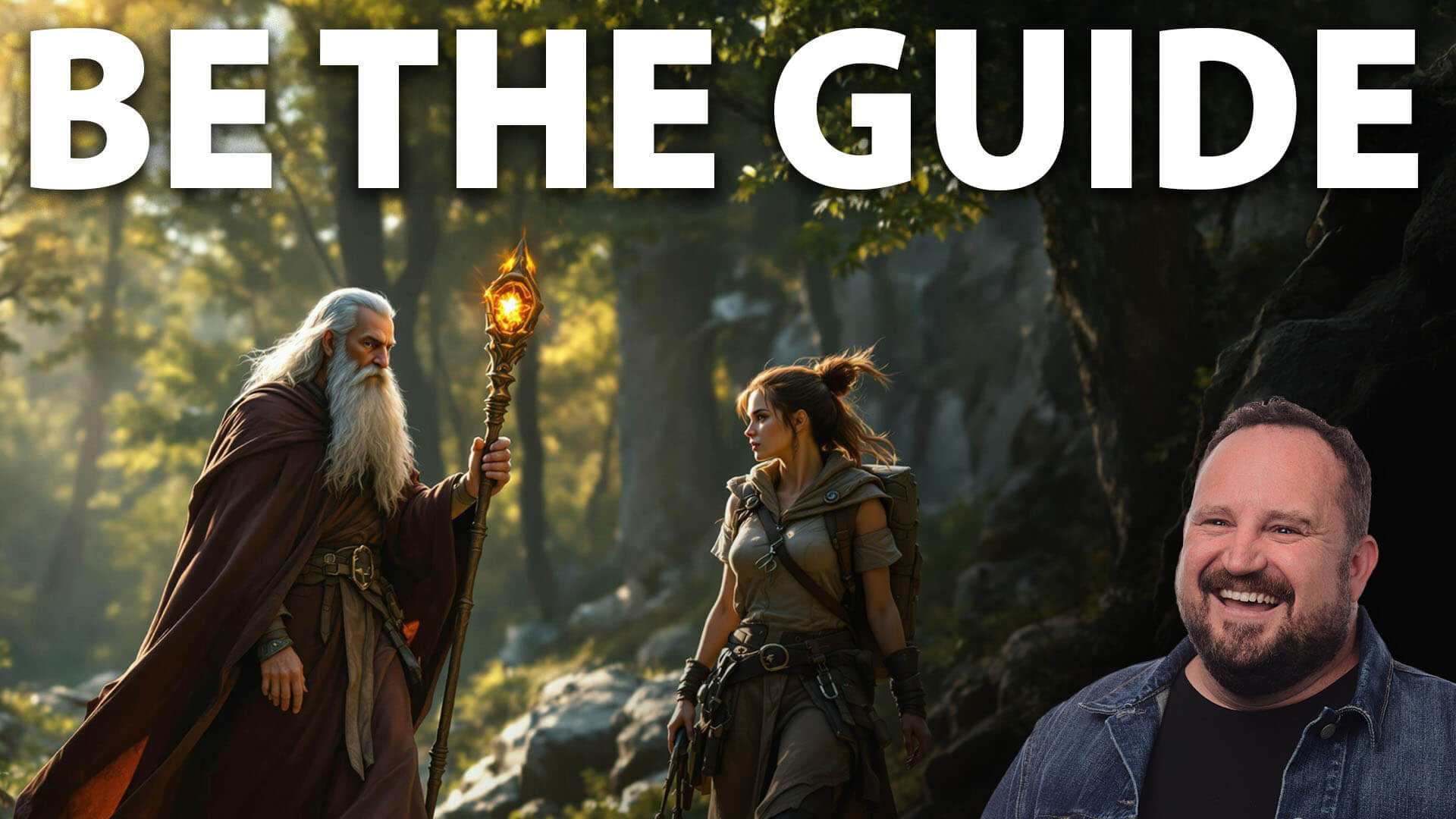ETERNAL FLAME
Sisters Debbi and Vicki Peterson had been honing their musical chops for years as drummer and guitarist, respectively, in Southern California rock bands before forming the classic lineup of the Bangles in the early 1980s with guitarist Susanna Hoffs and bassist Michael Steele, a founding member of ’70s rockers the Runaways. The four women found harmony by sharing songwriting and vocals on jangly tunes shaped by 1960s rock and psychedelia. As rock historian Otter Bickerdike (Being Britney: Pieces of a Modern Icon) makes clear in this appreciative book, the band’s burden was heavy, with a domineering and dismissive producer, a rock press that objectified them as women, and a management team that pitted them against each other. Though they proved themselves with three solid albums and several Top 10 hits in the ’80s, the Bangles struggled to shed comparisons to female rockers the Go-Go’s, skepticism about their musicianship, and a management team that pushed Hoffs to the forefront at the expense of the other talents in the band. “People didn’t quite know what to do with us, especially men,” Vicki Peterson says. “We were complete aberrations of nature, being women on stage playing rock music.” Resentment over the spotlight on Hoffs dissolved the band by the end of the ’80s, but it re-formed almost a decade later. Though Steele declined to participate, the book offers a wealth of recollections from Hoffs and the Petersons. “There was something catchy about the music,” Hoffs recalls, “but also about the idea of this unique set of people coming together and trying to create something. That was the goal: to show up and deliver a kind of magic.”


Sisters Debbi and Vicki Peterson had been honing their musical chops for years as drummer and guitarist, respectively, in Southern California rock bands before forming the classic lineup of the Bangles in the early 1980s with guitarist Susanna Hoffs and bassist Michael Steele, a founding member of ’70s rockers the Runaways. The four women found harmony by sharing songwriting and vocals on jangly tunes shaped by 1960s rock and psychedelia. As rock historian Otter Bickerdike (Being Britney: Pieces of a Modern Icon) makes clear in this appreciative book, the band’s burden was heavy, with a domineering and dismissive producer, a rock press that objectified them as women, and a management team that pitted them against each other. Though they proved themselves with three solid albums and several Top 10 hits in the ’80s, the Bangles struggled to shed comparisons to female rockers the Go-Go’s, skepticism about their musicianship, and a management team that pushed Hoffs to the forefront at the expense of the other talents in the band. “People didn’t quite know what to do with us, especially men,” Vicki Peterson says. “We were complete aberrations of nature, being women on stage playing rock music.” Resentment over the spotlight on Hoffs dissolved the band by the end of the ’80s, but it re-formed almost a decade later. Though Steele declined to participate, the book offers a wealth of recollections from Hoffs and the Petersons. “There was something catchy about the music,” Hoffs recalls, “but also about the idea of this unique set of people coming together and trying to create something. That was the goal: to show up and deliver a kind of magic.”












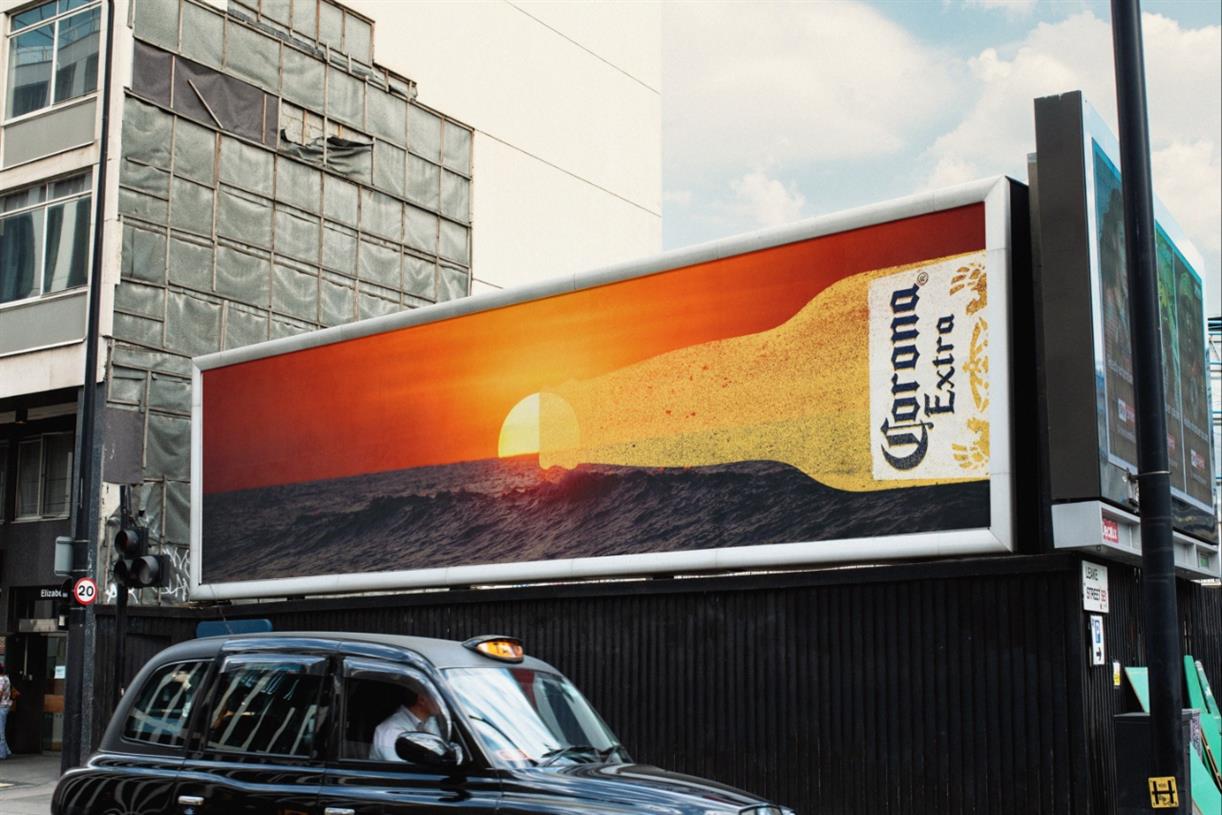
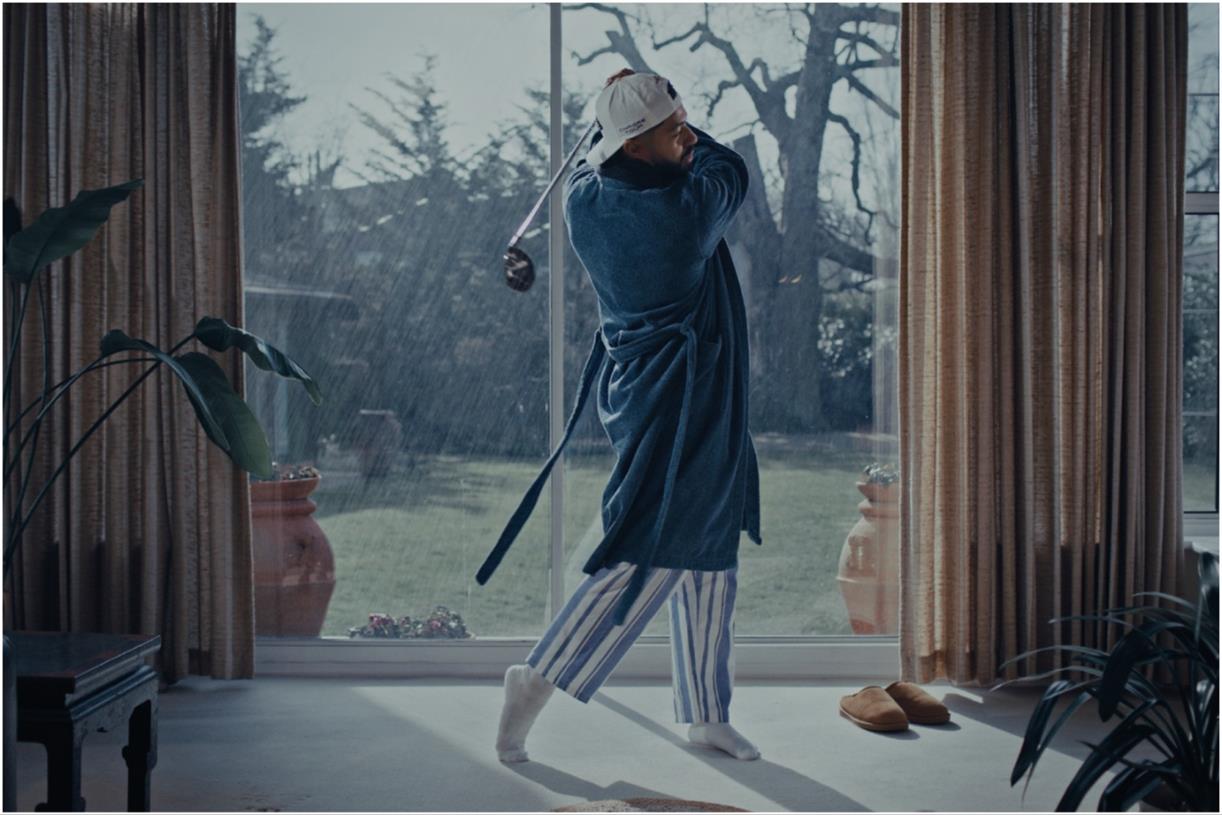

.jpg)



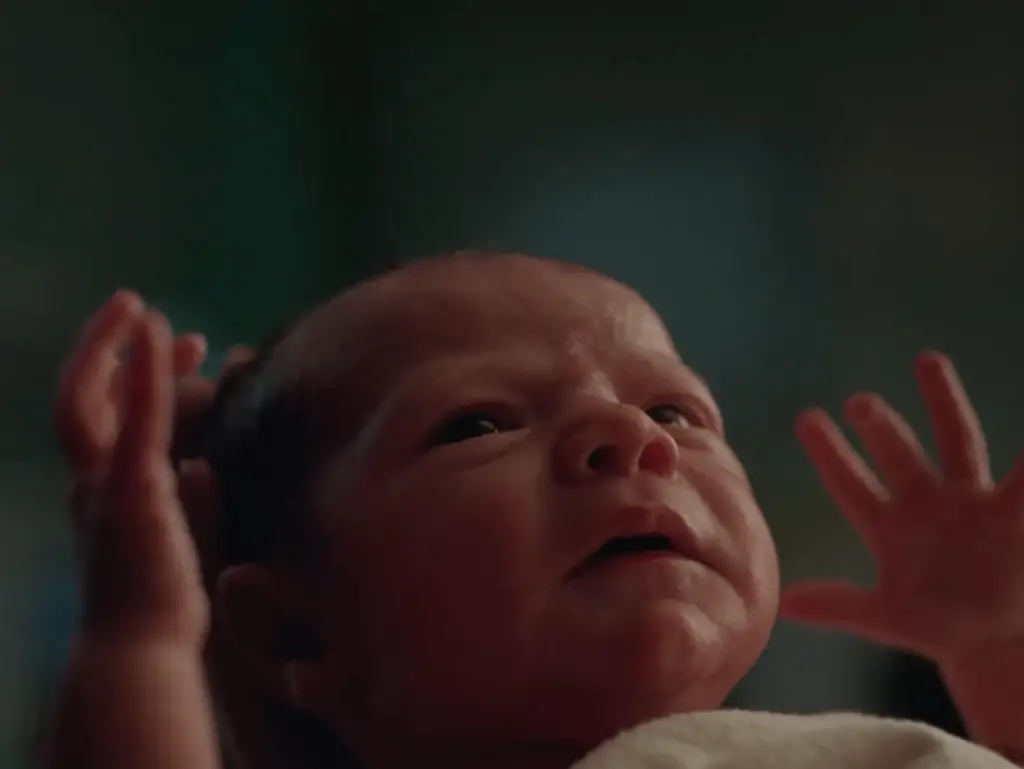
































![How Marketers Are Using AI for Writing [Survey]](https://www.growandconvert.com/wp-content/uploads/2025/03/ai-for-writing-1024x682.jpg)





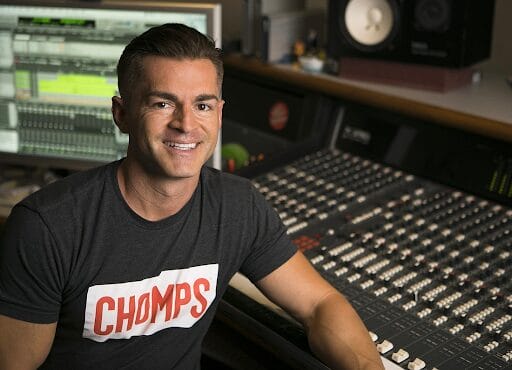










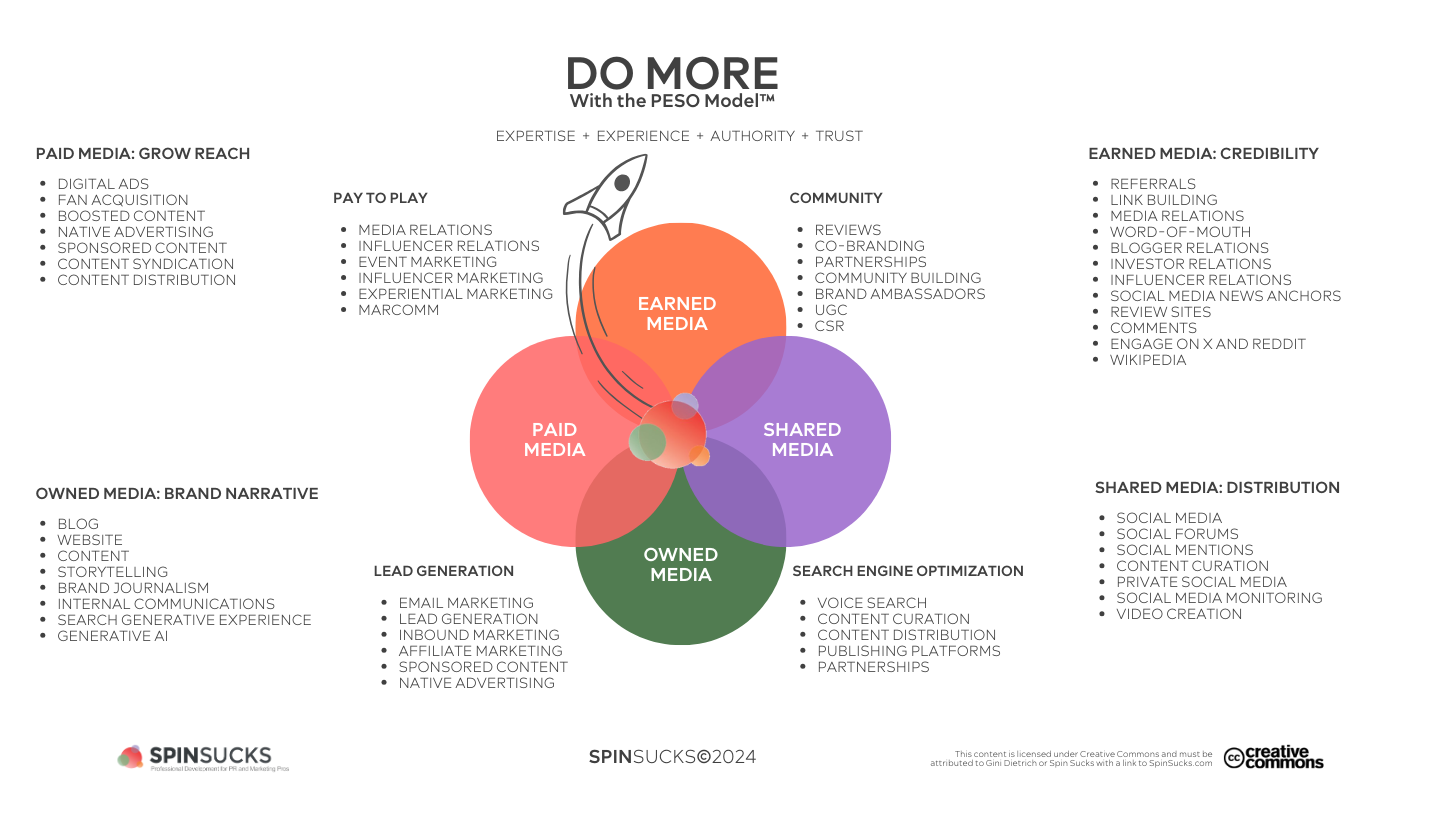
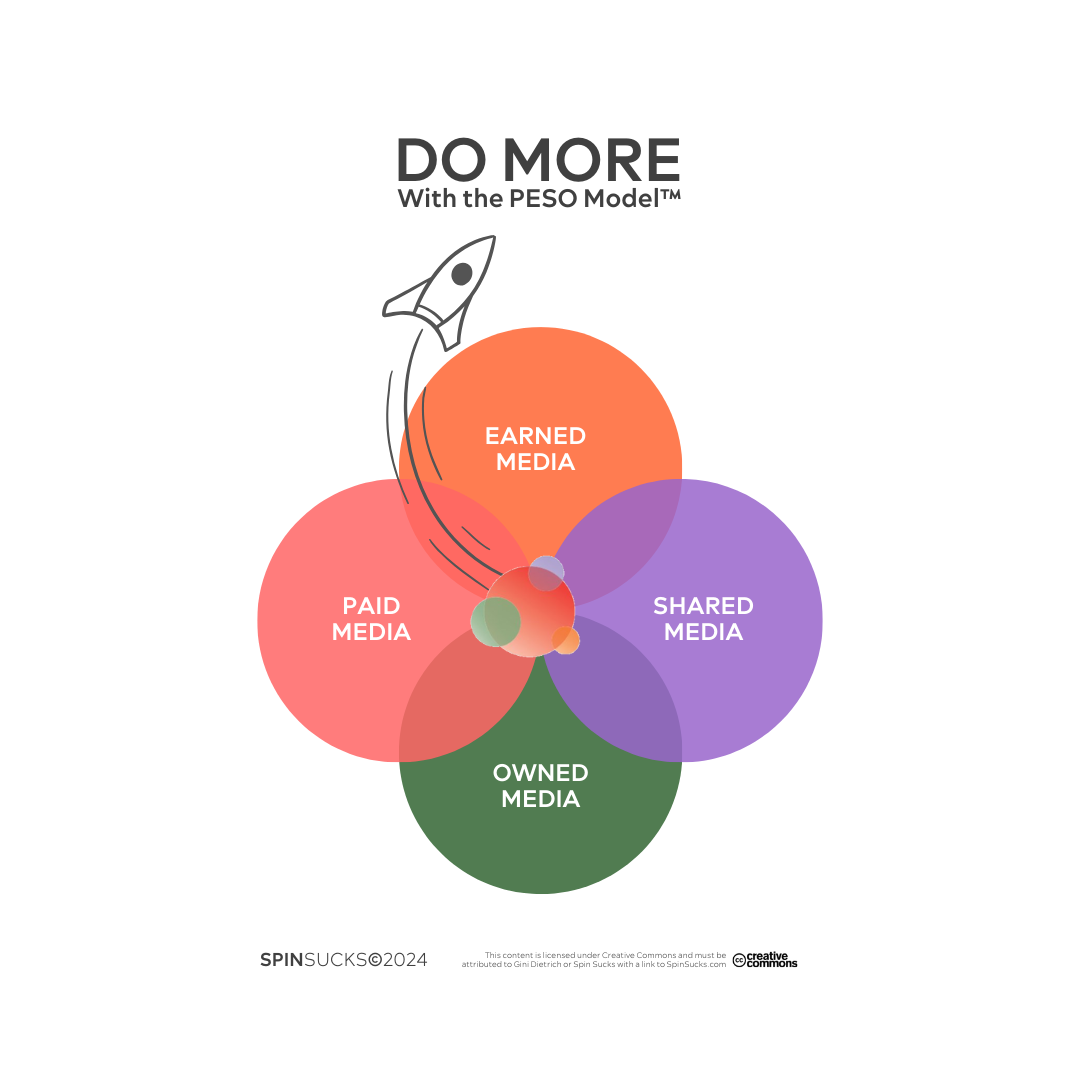
















































![311 Instagram caption ideas [plus free caption generator]](https://blog.hootsuite.com/wp-content/uploads/2022/07/instagram-captions-drive-engagement.png)

![How Conversion Funnels Create a Better Customer Journey [+ Tips to Optimize Yours]](https://www.hubspot.com/hubfs/Conversion%20Funnel.png)


![How to Create a Complete Marketing Strategy [Data + Expert Tips]](https://www.hubspot.com/hubfs/marketing-strategy.webp)






